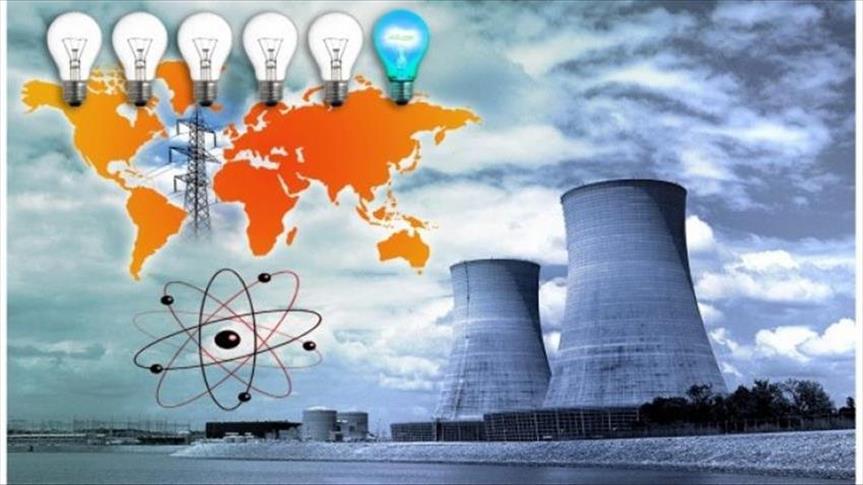
IGSU's message on situation at Zaporozhye nuclear power plant
The General Inspectorate for Emergency Situations (IGSU) announces that at this moment, there is no risk of radioactive contamination on the territory of the Republic of Moldova.
According to the institution, the International Atomic Energy Agency (IAEA), a UN body, has confirmed that the recent incident at Zaporozhye nuclear power plant in Ukraine did not affect nuclear safety. The plant's reactors are shut down, radiation levels remain within normal limits, and emergency generators have fuel for about 20 days. Satellite images indicate that Russia is building a new power line and a dam for an alternative cooling source.
IGSU specifies that all nuclear power plants are under the supervision of the IAEA, and based on the international Convention on Early Notification of a Nuclear Accident, member states—including the Republic of Moldova—are informed immediately in the event of exceeding permissible radiation levels.
“Currently, IGSU, as the focal point of this international convention, has not received any notification from the International Atomic Energy Agency or neighboring countries regarding exceeding the permissible values of the radioactive background,” the institution's statement reads.
According to official data, the radioactive background in the Republic of Moldova is continuously monitored by the Environmental Agency and has remained at a stable, natural and normal level for several years, below the maximum allowable threshold of 0.25 micro Sv/h.
Zaporozhye nuclear power plant in Ukraine has been without external power for a week. IAEA pointed out that the external power lines feeding the plant have been cut ten times during the conflict and that emergency diesel generators are currently operating. These lines are vital for cooling reactor fuel and preventing its melting.
Alegeri parlamentare 2025
VIDEO // Organized transportation of voters from Russia to Belarus
PHOTO // Soldiers of National Army garrisons voted today
Spokesman for Presidency says Moldova neutral country, to remain so
Alegeri parlamentare 2025
Silence day in Moldova on September 27: any electoral agitation forbidden before parliamentary elections
PHOTO // Romanian government provides 15,000 school supplies sets to children of Moldova
Moldovan parliament launches album of 11th legislative period
First court session in Vlad Plahotniuc's case held in his absence
Acting chief prosecutor of Moldova's Special Prosecutor's Office passes external evaluation
Vladimir Plahotniuc officially accused of fraud, money laundering, leading criminal organization
Role and involvement of National Bank of Moldova in European Integration
National Wine Day 2025: Grand Prize for outstanding achievements in viticulture to be awarded in Chișinău
Speaker on visit to Bucharest
President to attend European Political Community Summit in Copenhagen
Government to implement 11 new development projects in localities across country
IGSU's message on situation at Zaporozhye nuclear power plant
Moldova's experience with sub-granting as tool for social cohesion at regional level promoted by EcoContact at UNDP conference in Tirana
First meeting of Recean government after elections
President provides details on Transnistria reintegration plan
Moldovan president says European integration to strengthen economy, attract investments in Moldova
Moldovan president explains why Russia wanted to take control of power in Moldova
New government might be sworn in in several weeks; Moldovan president says new cabinet to have to carry out many reforms
Moldovan president says judges who fear files have no place in system
Fifteen students of Moldova receive Presidential Scholarship, awarded by Moldovan President
Moldovan MP sentenced to seven years, six months in semi-closed prison
Meteorologists announce frost in Moldova for October 2-3


